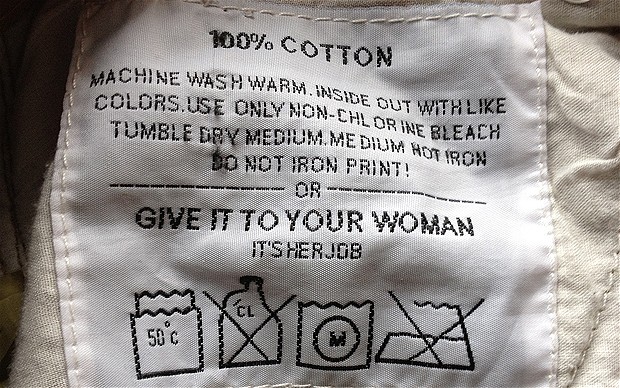Please sit back and relax as I populate this blog with mission critical learning that I have gleaned while contracting keyboard plague in the name of both owning, and indeed actioning my core deliverables.
During a recent virtualized coming to Jesus meeting I was pinged a link which offered up a list of popular PR wordage. This led to a brief period of blue-sky thinking, one which I might add could have been helped by a brief thought-shower, but I’m not here to instigate a blamestorming session of any kind. After all, are we not each individually responsible for knowing our own bandwidth limits? Indeed we are.
I digress. The doability of this post played on my mind. The research, while interesting, was not game changing, and was in fact already redundant. Let us drill down shall we?
In February, when the experiment was conducted, the term “leading” brought back 776 results out of 3,000 press releases. However, I conducted my own search today to find that yesterday saw “leading” mentioned just 37 times out of a much larger sample size of 15,000 press releases. This pattern was repeated with the other terms in the PR buzz word list.
Yes. It seems our jargon has lost its mojo. (Or perhaps we have merely thought up new, more annoying ways to torture journalists with the English language?)
So, what exactly is the point of jargon? A quick Google search indicates that proponents feel that its use indicates that you are part of the club, that you get it. Well, that might be okay if you’re one salesman talking to another, but what if you’re trying to communicate with outsiders? You know, the people you want to sell to?
It’s generally agreed that a good foundation to any relationship, especially one where you want one party to – well, part – with their hard earned moolah, is good communication. You tell them what you offer, they decide if they need and/or want it, they buy or don’t.
Ah, but what if the buyer is playing hard to get? That is where advertising, marketing and PR comes in. Why should the shopper buy from you and not your competitor? Let us help you convince them, we cry. Alas, consumers are becoming increasingly cynical. Loud adverts, annoying junk mail, and impenetrable copy causes them to switch off in droves. Yet some brands continue to shout their message at passing trade like an overly excited school boy jumping up and down yelling “Pick me! Pick me!” in the playground.
It’s also possible that using jargon has become such a habit now that people don’t always recognise when they are engaging in the dark arts. Perhaps jargon levels are actually declining. Maybe the increasing direct conversations that brands are having with consumers – via social media and interactive advertising – is forcing brands to adopt a different tone when communicating externally, which then feeds through to their press releases? Who knows?
Most jargonese in press releases doesn’t get through to the consumer anyway because journalists filter out most of the fluff and present it in a readable fashion – which kind of leads to the question, why bother including it in the first place? It may show others in your industry that you are equally as bleeding-edge and on the ball as they are when it comes to industry terminology, but it won’t do anything for your SEO.
It’s time to wake up and smell the coffee people!
NB: During my Google trawl I came across a phrase which was new to me “bus factor”, which has been created to assess the level of poop the company would be in if an employee had an unfortunate one-on-one with a bus. I like it. Do you know your bus factor quotent?






